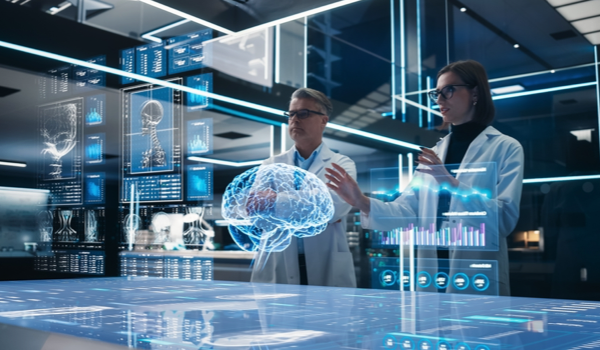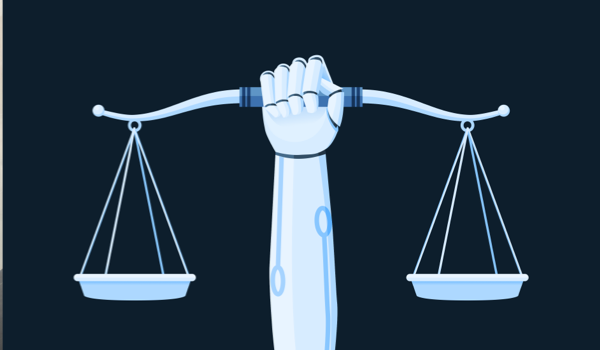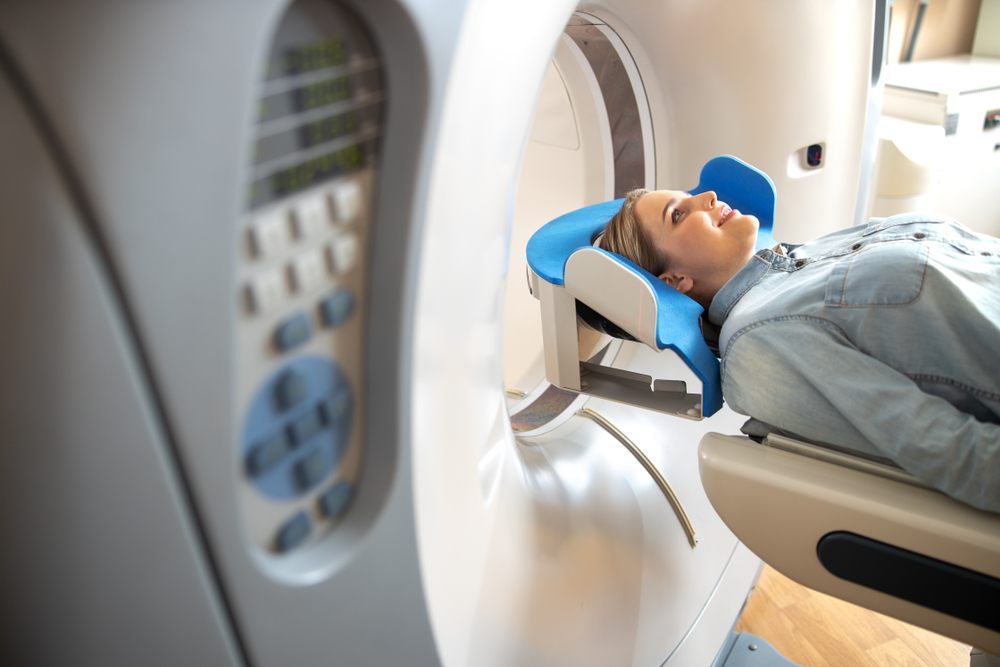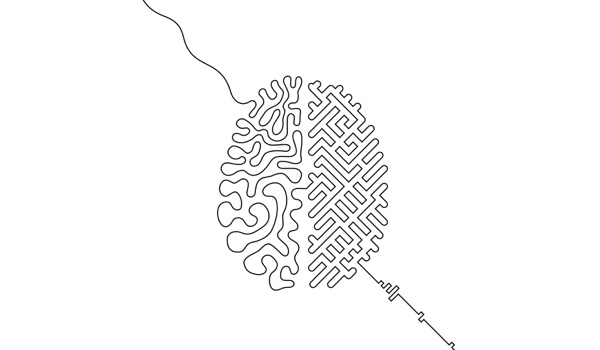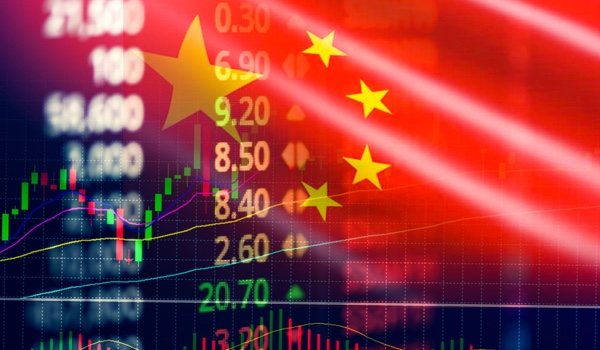


MUMBAI - The only connection that springs to mind when ‘military’ and ‘artificial intelligence (AI)’ are heard in the same breath is killer robots. Yet in January, a project funded by the US Army managed to create an algorithm that can cut through the clutter of multiple brain signals firing at the same time to isolate one specific signal related to a particular activity.
The research intended to design a machine learning (ML) algorithm for a brain machine interface to help paralyzed veterans move prosthetic limbs by thinking of movement. The range of possible applications is endless, from restoring a brain’s lost functions, to helping those with brain damage or neurological dysfunction, to even creating bionic humans. That is the nature of innovation: it comes from the most unexpected sources. Injured US Army veterans, via prosthetics, have been fueling ideas and innovation in robotics and other scientific areas for decades (Geil 2017). In ML terms, the reason is simple, they provide a concentration of datasets perfect for sniffing out and learning from patterns.
Medical AI companies in developed nations can take the lead from this idea to focus on an underserved group which, like army veterans, can provide rich datasets to help machines learn in poorer nations with bad healthcare infrastructure. The logic might seem counterintuitive, since poor nations cannot fund Medical AI companies but what they lack in finances, they more than make up for in a good range and quantity of data. If data are the new oil, then the potential poor nations offer for learning about human diseases and biology is unadulterated gold.
At its core are the basics of humans, and ML. For 40,000 years, since the Neanderthals went extinct, Homo sapiens have remained the only human species on the planet. This means the idea of the body as a predictable biological machine is truer for humans than any other creature on the planet. No matter what race, co
The content herein is subject to copyright by The Yuan. All rights reserved. The content of the services is owned or licensed to The Yuan. Such content from The Yuan may be shared and reprinted but must clearly identify The Yuan as its original source. Content from a third-party copyright holder identified in the copyright notice contained in such third party’s content appearing in The Yuan must likewise be clearly labeled as such. Continue with Linkedin
Continue with Linkedin
 Continue with Google
Continue with Google







 1431 views
1431 views




